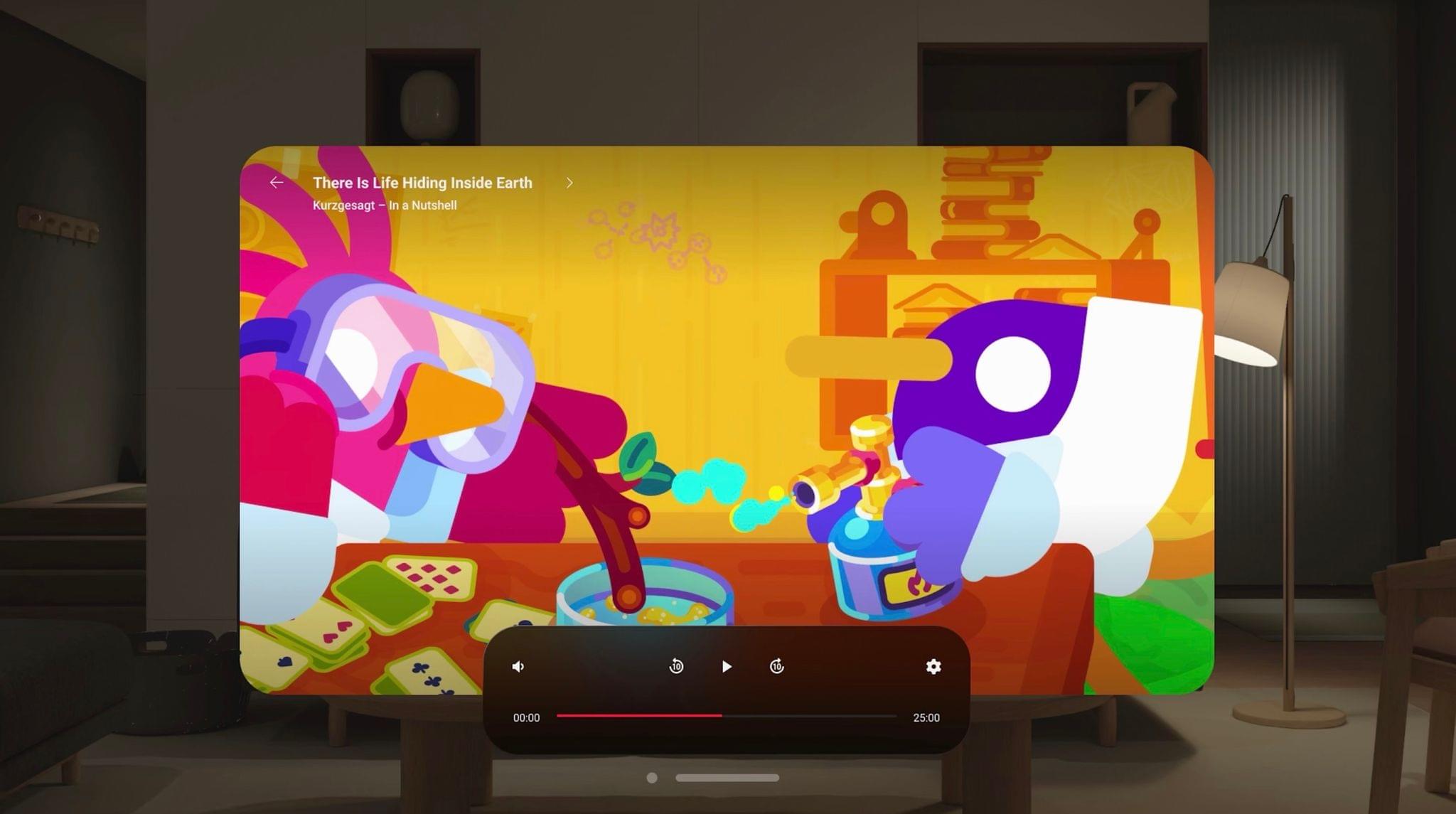Enjoy the latest episodes from MacStories’ family of podcasts:
NPC: Next Portable Console
This week, Brendon, Federico, and John cover a raft of new budget handhelds, a new OLED tablet from Lenovo, TrimUI leaks, and more.
On NPC XL, John and Brendon share their experiments with the MagicX Zero 40 and Anbernic RG DS.
Comfort Zone
Chris wants to know what the heck is going on with Discord. Niléane has a massive backlog of things to talk about now that she’s back. And everybody does their best with Apple’s Creator Studio.
On Cozy Zone, the gang discusses what they’d do if they couldn’t use Apple products anymore. We are releasing this just days after ATP did the exact same thing, but we swear we recorded this a couple weeks ago!
MacStories Unwind
This week, John has an F1 racing theory about the Vision Pro and shares a vampire movie, while Federico has been binging a popular Netflix series.





